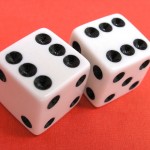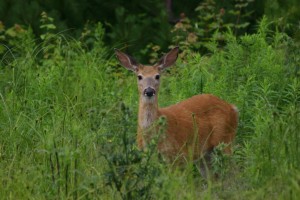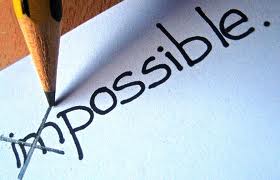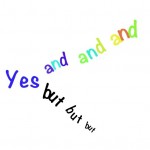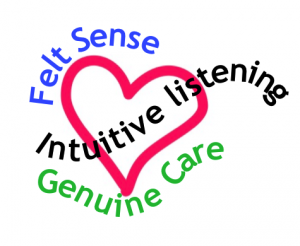“Maybe it doesn’t want to be identified.”
from The New Yorker Jan. 9, 2017
Maybe, just maybe, “it” doesn’t want to be identified because once it is, people stop paying attention.
“Oh, just a robin.”
We all yearn to be seen and understood. Yet too often, once we “identify” someone or something as being a certain way, we stop paying attention. We never really see them again, blind to who they are now. We see what we expect to see. We stop being curious.
True, we come by labeling legitimately. Identifying things and making distinctions have been key to surviving: knowing a poisonous mushroom from a morel ; a copperhead from a harmless garter snake, a stranger from a member of your tribe. It’s how primitive man (and woman) lived long enough to discover the world. An unidentified difference equaled a perceived threat until someone, brave enough, curious enough, got to know it.
Practically, the ability to identify something also means we don’t have to think about everything all the time. “I know [fill in the blank]. It’s OK.” It’s the practical side of stereotyping. You don’t have to start from scratch. You draw on your experience, cultural norms, what you’ve been taught. You can build up a “that is safe” pile. But then, by default, you also have a “that is dangerous” pile you tend to fear.
So what’s the downside? Our preconceived notions limit our experience of the world, as well as our experience of people.
When labels or how we identify something becomes the primary mode of interacting, we stop experiencing life. You see what you remember as being there, what you think should be there: the uniqueness and diversity within groups is missed, change unnoticed, exceptions dismissed if seen at all.
So yes, “that’s a robin.” But maybe it doesn’t want to be identified, categorized, put in a box. 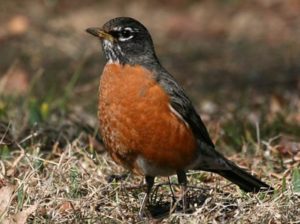
Try getting curious. Let yourself be surprised. Notice, what’s different about this robin.
In relationship you experience life!
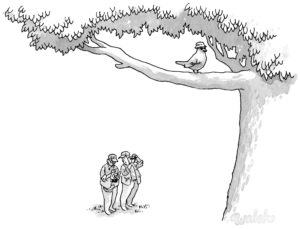
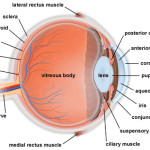
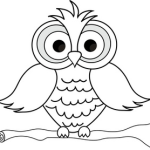 I sit waiting—
I sit waiting—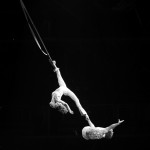 h. She asks the question: What are the qualities that make a performance extraordinary?
h. She asks the question: What are the qualities that make a performance extraordinary? 